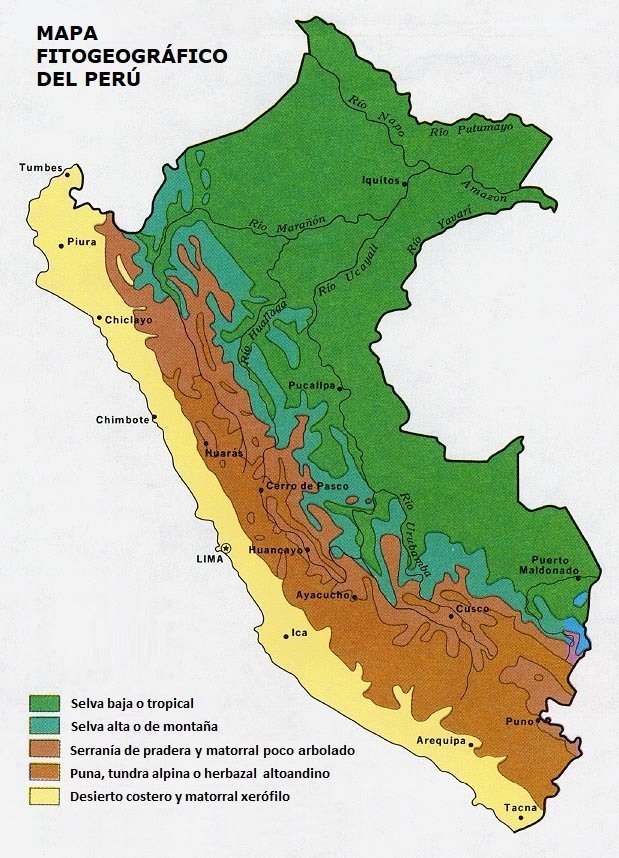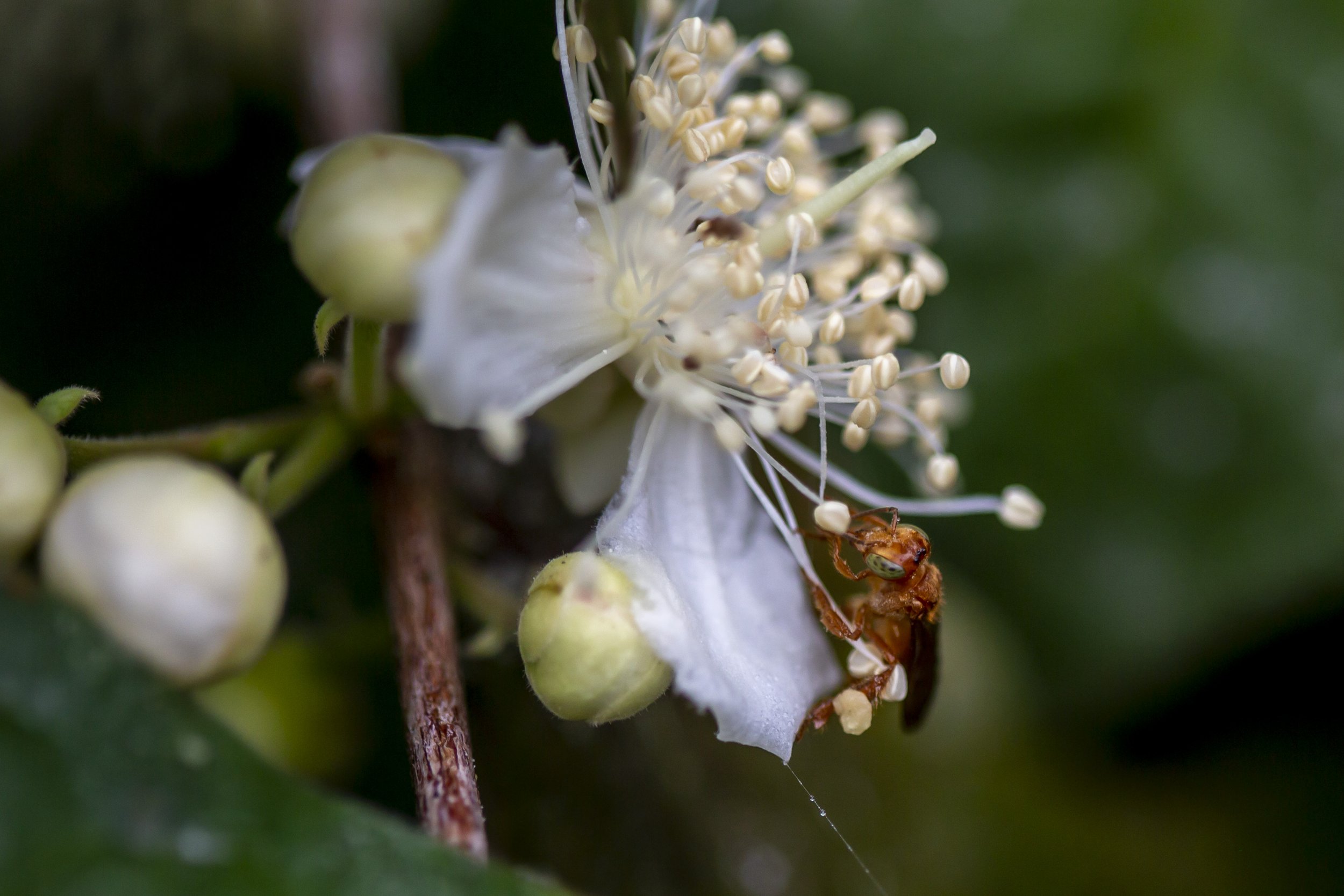
Photo by Ana Sotelo
Safeguarding Amazonian stingless bees
Photo by Ana Sotelo
About stingless bees.
Amazonian stingless bees are essential to the health of the rainforest and the biocultural heritage tied to indigenous wisdom. Unfortunately, these vital pollinators are disappearing at alarming rates due to lack of knowledge about their conservation status, insufficient legal recognition, overuse of pesticides, uncontrolled deforestation, and pests. Their survival is crucial for regenerating the Amazon and preserving the associated indigenous culture. Historically, indigenous communities have raised and used these bees, passing down their knowledge orally.
Despite their crucial role in pollinating local crops and maintaining ecosystem health, native stingless bees are often overlooked in conservation efforts, which tend to focus on honeybees. The lack of quality metrics for analyzing stingless bee honey, coupled with insufficient information and awareness about these bees, hampers conservation and sustainable development efforts. Current agricultural policies in Peru favor imported honeybees, which can be aggressive toward native bees, further threatening their survival. Excessive pesticide use and rampant deforestation also pose significant risks, disrupting ecological cycles and destroying habitats. Addressing these challenges is essential for the conservation of Amazonian stingless bees and the preservation of the rich traditional knowledge and ecological balance they support.
ONGOING PROJECTS
-

Bee mapping
We are developing the first stingless bee distribution map of the Peruvian-Bolivian Amazon to monitor population and richness, assess conservation status, understand impact of deforestation on bees and propose the first regional natural bee corridor.
This work is developed in partnership with Reserva Comunal Ashaninka, park rangers and stingless beekeepers acoss Peu and Bolivia. It includes ongoing training in technological tools for species monitoring and scientific development.
-

Medicinal honey
In collaboration with Dr. Cesar Delgado (IIAP), we conducted the first chemical analysis of stingless bee honey in the Peruvian Amazon. This study identified several biologically relevant molecules, providing preliminary scientific support for its use in treating over 14 conditions in traditional medicine. Our findings have increased the value of stingless bee honey, strengthening the local Amazonian economy.
We now aim to expand this research to include honey from a broader range of bee species.
-

Ethno-knowledge
We are documenting ethnoecological knowledge regarding stingless bees and their ecosystems in collaboration indigenous communities. This includes traditional medicinal use and methods, natural and anthropogenic (human) threats and mitigation strategies, and bee-friendly reforestation initiatives.
This work has already generated the first scientific publication in co-authorship with Ashaninka indigenous leaders to elevate traditional knowledge (in revision). Bilingual open-access guides and protocols are also being generated.
-

Bee Law N. 26350
In collaboration with Earth Law Center, indigenous Amazonian communities and local scientists, we have been advocating and providing scientific support to update Law N. 26350 in Peru to legally recognize the existence and importance of stingless bees as native species, advocating for their promotion, conservation, and their rights to exist, as well as the preservation of their ecosystems and associated indigenous knowledge.
Currently, the modification has been approved by the Commission of Agriculture in Congress.

